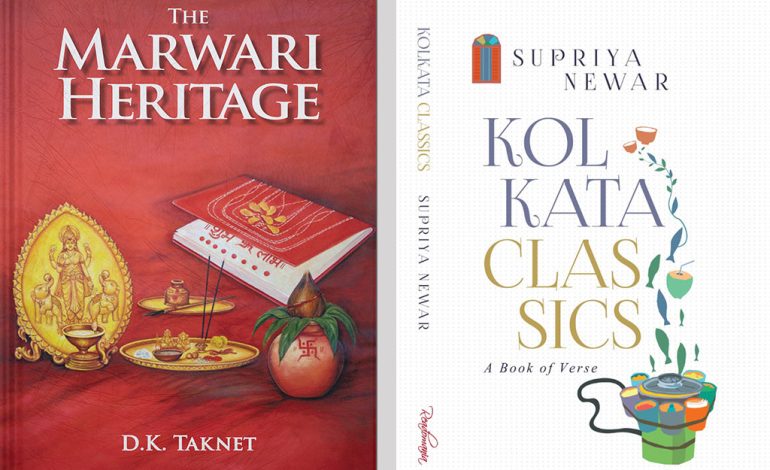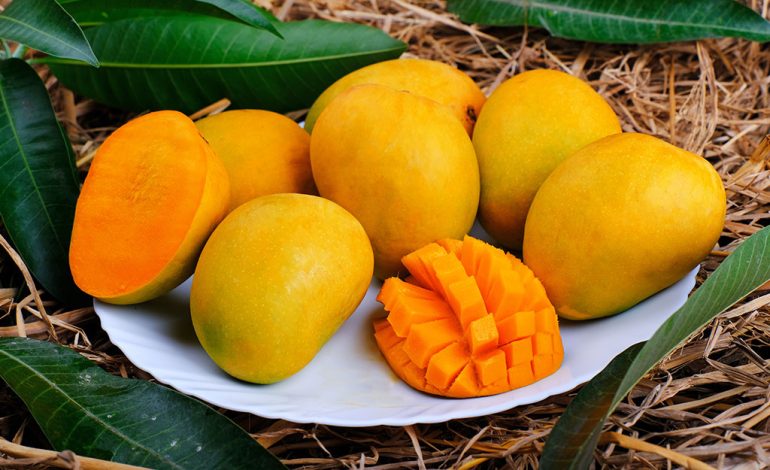
Tales of History
MARWAR brings you a list of good reads that you’ll love
THE MARWARI HERITAGE
Essentially, Marwari is not a caste: it is an indicator of a particular socio-cultural, micro unit of the deeply layered and interestingly textured Indian society. Perhaps, the harsh environment, scarcity of water and deteriorating economic conditions were responsible for the indefatigable spirit that went on to become the hallmark of the Marwaris. The Marwari Heritage is a coffee-table book based on the history of Marwaris who migrated from erstwhile Rajputana and its adjoining regions to other parts of India. The pictorial book deals with the marathon struggle of the Marwaris in the course of their migration. Braving all odds, Marwaris—largely traders and businessmen—started out as modest businessmen, rising to become agents of the British traders. Later, the tremendous wealth they earned enabled them to challenge the trade monopoly of the British and, eventually, they became the owners of British companies. They set up the first jute mill in India, the first Indian bank, the first Indian insurance company, the first yarn mill and the first poweroperated iron factory. It is a common perception that Marwaris confined themselves to business and industry. The reality is that they actively participated in the wars fought by the Indians for their independence, be it the rebellion of 1857 or the freedom struggle. It is ironical that historians have failed to give due credit to the significant contribution of the Marwaris to the freedom struggle. This book attempts to fill this lacuna. After independence, the Marwaris flourished manifold, virtually becoming masters of the private sector. Their role in the economic reconstruction and opening up of the economy in India in the 1990s cannot be underestimated. Entrepreneurship, which is ingrained in every fibre of the Marwari being, has by now become a saga of unprecedented success. With the passage of time, their skills in industry and business have spread worldwide. The Marwari Heritage is a comprehensive researched study by IIME (International Institute of Management and Entrepreneurship), Jaipur, that attempts to bridge the wide chasm that exists in research on this subject and incorporates details about the multifaceted personalities and trailblazers of the community who left their imprint at national and international levels. It offers unmatched editorial expertise, content creation and design for producing rare, elegant and unique coffee table art books in different genres.
Author DK Taknet is a reputed business historian and writer.
 He is a gold medalist (MPhil) and was awarded a PhD by the Department of Business Administration, University of Rajasthan, Jaipur. Enriched with over 30 years of research and teaching, his documentation of Indian industrialists and business houses has resulted from over a thousand interviews with eminent corporate executives and organisations. He writes extensively for the national and international print media, and has been the recipient of several scholarships and fellowships awarded by premier institutions.
He is a gold medalist (MPhil) and was awarded a PhD by the Department of Business Administration, University of Rajasthan, Jaipur. Enriched with over 30 years of research and teaching, his documentation of Indian industrialists and business houses has resulted from over a thousand interviews with eminent corporate executives and organisations. He writes extensively for the national and international print media, and has been the recipient of several scholarships and fellowships awarded by premier institutions.
PUNE: A CITY OF MANY SHADES AND COLOURS
 As a nation, we have reason to be justifiably proud of how Pune has developed as a city over the centuries. It sets many hearts aflutter with a vision of grandeur and valour. The city’s inherent historic charm has always been a major source of attraction. A small nondescript agricultural settlement in the eighth century, it had grown to become the political epicentre of the Maratha Empire. Pune has enjoyed a distinguished place on the timeline of India from prehistoric times, with the creation of the Maratha Empire under the visionary leadership of Chhatrapati Shivaji and subsequently the Peshwas. It has witnessed seismic cultural, administrative and economic transformation brought about by the arrival of the British.
As a nation, we have reason to be justifiably proud of how Pune has developed as a city over the centuries. It sets many hearts aflutter with a vision of grandeur and valour. The city’s inherent historic charm has always been a major source of attraction. A small nondescript agricultural settlement in the eighth century, it had grown to become the political epicentre of the Maratha Empire. Pune has enjoyed a distinguished place on the timeline of India from prehistoric times, with the creation of the Maratha Empire under the visionary leadership of Chhatrapati Shivaji and subsequently the Peshwas. It has witnessed seismic cultural, administrative and economic transformation brought about by the arrival of the British.
Post-independence, there has been rapid industrial growth and expansion of the city while retaining much of its traditional charm and culture. The city has played a seminal role in the freedom movement and, above all, in Pune’s contemporary growth trajectory as a centre of arts, crafts, music, education, commerce, trade, and industry. Modern Pune is a cosmopolitan city awash with many opportunities. It is known as the knowledge city, an IT hub, a motor city, and is a fine blend of antiquity and modernity with a rich cultural heritage.
Pune: A city of many shades and colours is a comprehensive and vividly illustrated research-based coffee table book with 864 rare visuals. A fascinating panoramic view of the city through the ages, this art book focuses on the colourful history of Pune and its lesser-known events, facts and wonderful people with their vibrant activities. An ideal companion for those interested in a carefully researched, beautifully designed and abundantly illustrated artistic account.
KOLKATA CLASSICS
 Poetry brings her joy and her latest book Kolkata Classics is the author’s ode to her hometown Kolkata. It depicts the simpler aspects through a collection of poems that bring out the character of the city. A treasure trove of 24 verses, the author Supriya Newar charms you with her observations and expressions of Kolkata that persuade you to take a re-look at all that makes the city a classic and a poem. Kolkata lends itself effortlessly to poetry. It resides quietly in all its chaos, its colours, its confusions and its conundrums. From quaint bylanes to the potters’ quarter, Kumartuli; from the true-blue Bengalis’ love for maach to their obsession with indigestion and ombol; over bhaanrs of cha and mouthfuls of jhalmuri, the author has served her savouring of the city with transportive expressions that make it a classic muse.
Poetry brings her joy and her latest book Kolkata Classics is the author’s ode to her hometown Kolkata. It depicts the simpler aspects through a collection of poems that bring out the character of the city. A treasure trove of 24 verses, the author Supriya Newar charms you with her observations and expressions of Kolkata that persuade you to take a re-look at all that makes the city a classic and a poem. Kolkata lends itself effortlessly to poetry. It resides quietly in all its chaos, its colours, its confusions and its conundrums. From quaint bylanes to the potters’ quarter, Kumartuli; from the true-blue Bengalis’ love for maach to their obsession with indigestion and ombol; over bhaanrs of cha and mouthfuls of jhalmuri, the author has served her savouring of the city with transportive expressions that make it a classic muse.










